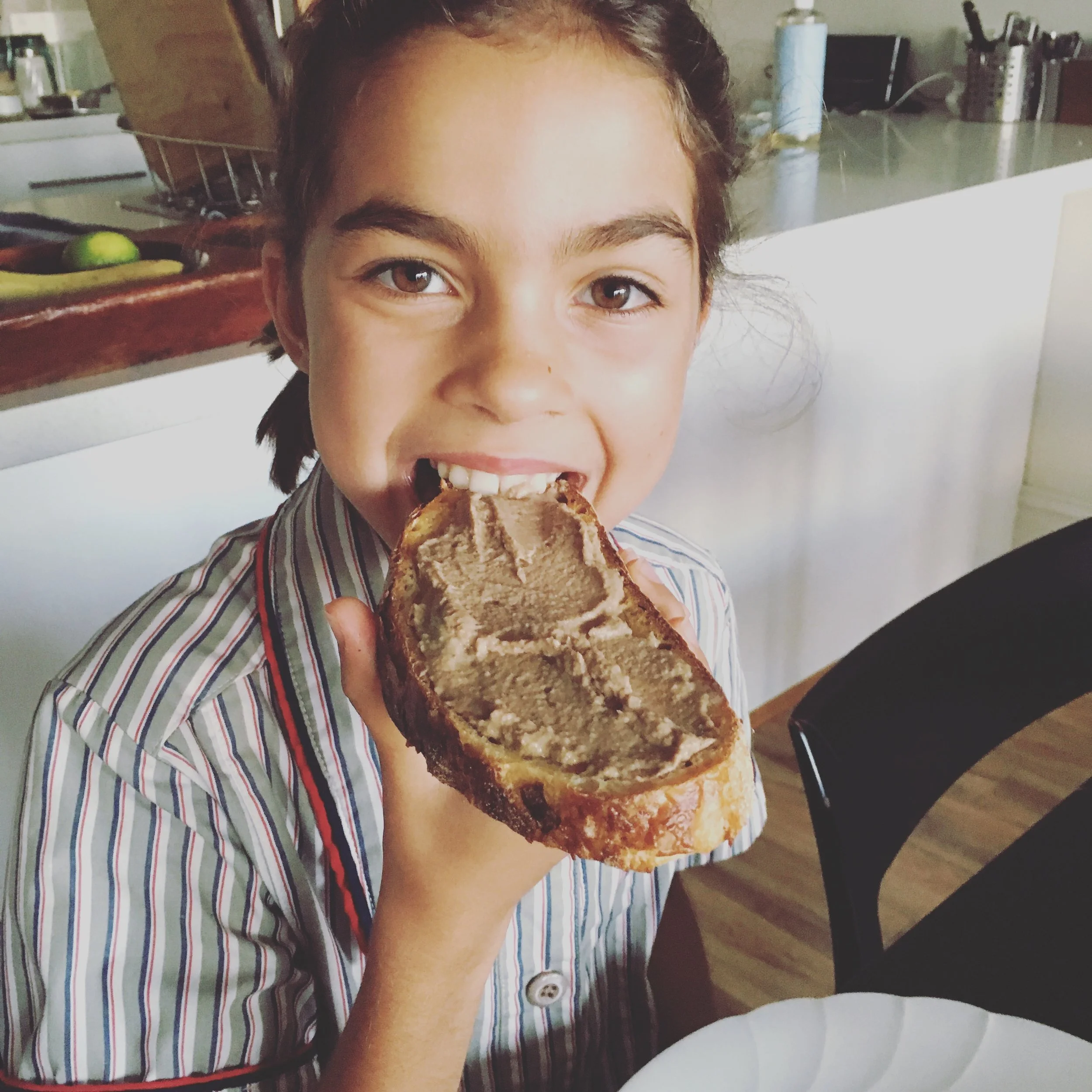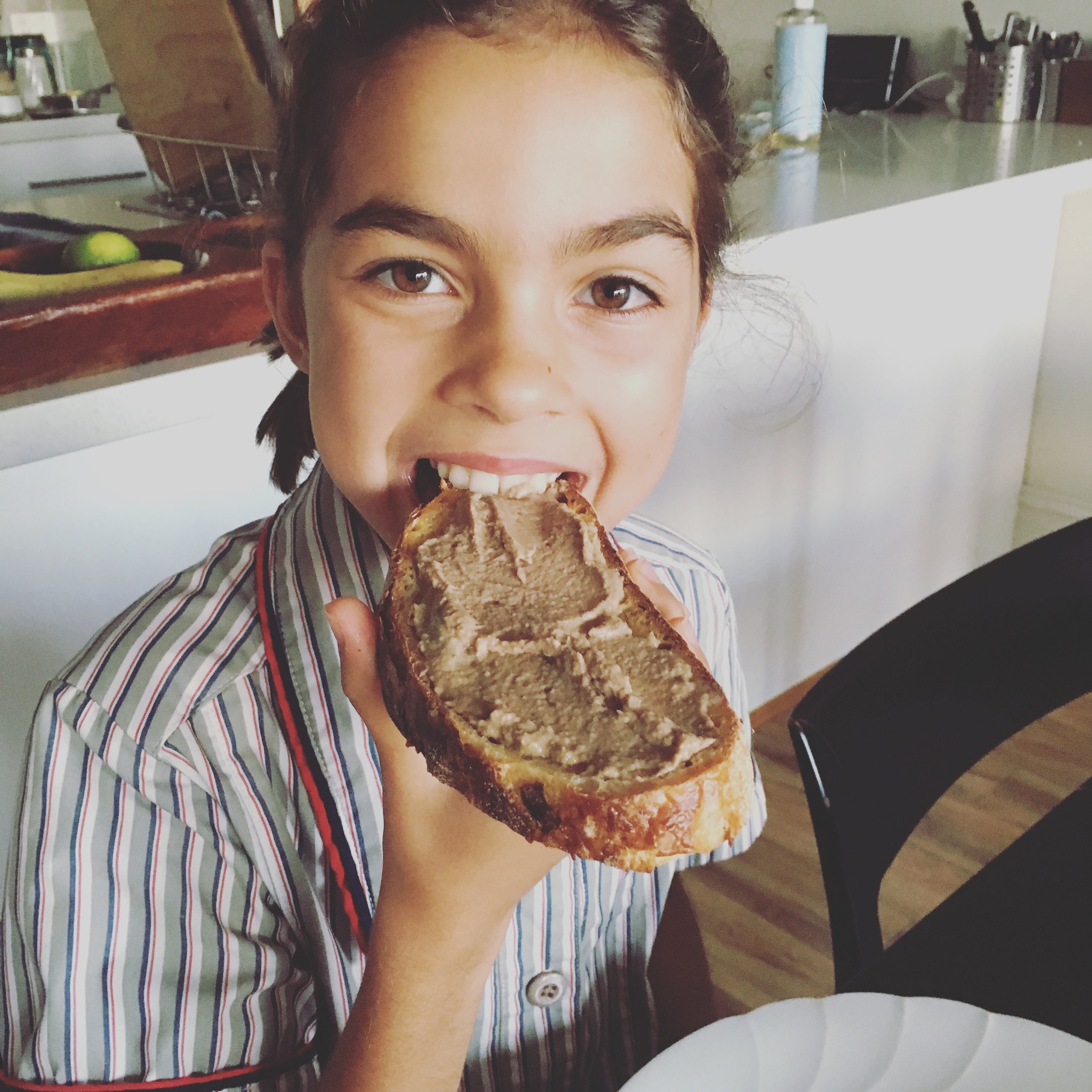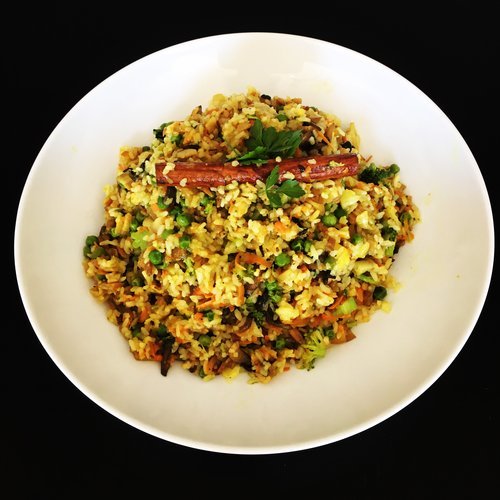My top 7 tips for grain consumption
Star Anise
Who doesn't love a warming bowl of oat porridge or freshly baked sourdough bread smeared with butter? The Italians certainly devour their pasta and rice is a staple for Asians. While grain consumption is ubiquitous globally especially the Western world, this wasn’t always the case. Our hunter gatherer ancestors spent the majority of their existence on this planet (spanning approx. 2.6 million years) eating a grain-free palaeolithic diet primarily of nose-to-tail animals, vegetables, seafood, nuts, fermented foods and a little fruit. We can certainly survive (and thrive!) without grains (and many people do!) but to do so is often regarded as “weird” or “extreme” or “difficult” (especially when it comes to kids) and most people (short of a medical reason) would consume them at least occasionally.
I am often asked “Soulla, what do you think about grains?” Well, it’s too big a question to unpack in one or two sentences. But the answer goes something like this:
If you can live without grains, all the more power to you. I consider them as empty fillers at best or as the vessel or portal by which to consume more nutrient dense foods. At worst (and here I’m referring to the ultra processed grains) they are, in a word, toxic, and do more harm than good especially the gluten containing grains.
If you do consume grains whether regular or occasionally or rarely, here are my top seven tips:
1. SOURCING- ideally buy organic as conventional grains are typically heavily sprayed with pesticides, adding to your toxic load. When it comes to bread opt for bread made from ancient grains as opposed to modern day hybridised versions that are a far cry from the grains cultivated 10,000 years ago. My favourite brand is Iggys.
2. PROCESSING - ideally buy grains that are as least processed as possible as the more processing means the more denaturing which reduces nutritional content. For example when it comes to oats, opt for steel cut as opposed to rolled oats which are more processed. Quick oats are even more processed again (ditto all the cereals that line the supermarket shelves). Puffed grains are also denatured.
3. PREPARATION- grains need be properly prepared through soaking, sprouting or fermenting (which includes the sourdough process), to reduce the phytates and other anti nutrients found in them (which wreak digestive havoc). Proper preparation makes grains more digestible and more nutritious. Eg. opt for sourdough bread as opposed to yeasted bread, soak rice or oats overnight in water then discard the soaking water. Grains need to then be cooked well to aid in their digestion.
4. FREQUENCY OF CONSUMPTION - ideally eat only occasionally (not daily) as humans did not evolve to eat grains. We survived and thrived for 2.6 million years without them. Grain are newcomers in the human diet and were first cultivated only 10,000 years ago which is a tiny blip on the timescale of human evolution. Consequently the overconsumption of any thing that we are biologically designed to eat results in illness and disease. Read the book Grain Brain for more info.
5. VARIETY- favour gluten-free grains over gluten-containing grains as gluten is a difficult protein to digest. If you’re coeliac, avoid all gluten-containing grains (wheat, rye, barley) and ideally all grains as they can cross react. Take precautions against over consuming gluten if you have that coeliac gene as gluten consumption can, at any point, trigger the gene to express itself. If you have non-coeliac gluten sensitivity, you’ve got a little more wiggle-room than if you were full blown coeliac, so eat occasionally or sparingly but gauge feedback from your body. Gluten-free grains include rice, oats, buckwheat, amaranth, quinoa and millet (unless processed in a factory that contains gluten). My favourite porridges are made with rice or oats. Check out my recipe here. I make pancakes with buckwheat flour instead of wheat flour
6. TURBO CHARGE NUTRIENT DENSITY - despite what mainstream dietetics tells you, think of grains as empty fillers, hence why we want to turbo charge their nutrient density with pastured animal products. I infused my porridge with egg yolks, butter and cream and cook the rice in whole milk instead of water. I slather on inches of butter (and chicken liver pate or sardines or avocado) on sourdough bread. I infuse my fried rice with loads of bacon and veggies. Ditto for risottos. And I cook the rice in bone broth instead of water.
7. AVOID IF FAT LOSS IS A GOAL - grains turn to sugar very quickly in the body which gets stored as fat (thanks to insulin hormone) if not burnt off through movement. If fat loss is a goal, go easy on the grains and eat more animal protein and natural fats. In the words of Chris Kresser “think of rice as glucose”.
I hope these 7 tips help you to navigate the world of grains a little better.
Learn more robust nutritional theory in my FOOD AS MEDICINE DIGITAL PACKAGE which is the culmination of over two decades of my learning, research and practical experience consolidated into a comprehensive yet concise package for you. This ultimate health and wellness package contains over five hours of nutritional talks on the fundamentals of robust nutrition, gut health and creating a less toxic home, plus a 60-page “How To” manual that sets you up for life plus five online cooking classes (bone broth, slow cooks, organ meats, baked cakes and chocolate). Co-presented with Marieke Rodenstein (Australia’s leading holistic dietician and Kresser Institute functional medicine practitioner) this ultimate package provides you with all the tools, information and resources to optimise your health.



